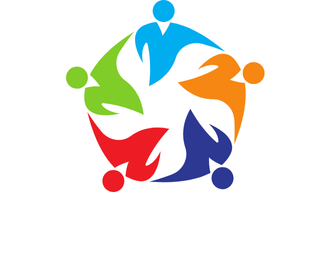Equality and Diversity 
The Equality Act 2010
The Equality Act 2010 requires us to publish specific and measurable equality objectives. Our equality objectives are based on our analysis of data and other information. Our equality objectives focus on those areas where we have agreed to take action to improve equality and tackle disadvantages. We will regularly review the progress we are making to meet our equality objectives. Our Equality Objectives are:
- To ensure that all learners including those with Special Educational Needs and Disabilities make better than expected progress, narrowing gaps in achievement where they exist.
- To promote spiritual, moral, social, and cultural development through all appropriate curricular opportunities (in line with the 2014 national curriculum) with increased references to issues of equality and diversity.
- To narrow the gap in attendance between SEN and non-SEN pupils by fostering good relationships with parents and carers and seeking to understand the barriers to good attendance.
- To increase the membership of potentially vulnerable pupils and those with protected characteristics, in clubs, activities, and roles of responsibility.
UNICEF
UNICEF: Article 2 (non-discrimination) The Convention applies to every child without discrimination, whatever their ethnicity, gender, religion, language, abilities or any other status, whatever they think or say, whatever their family background.
Article 14 (freedom of thought, belief and religion) Every child has the right to think and believe what they choose and also to practise their religion, as long as they are not stopping other people from enjoying their rights. Governments must respect the rights and responsibilities of parents to guide their child as they grow up.
Article 23 (children with a disability) A child with a disability has the right to live a full and decent life with dignity and, as far as possible, independence and to play an active part in the community. Governments must do all they can to support disabled children and their families.
Article 29 (goals of education) Education must develop every child’s personality, talents and abilities to the full. It must encourage the child’s respect for human rights, as well as respect for their parents, their own and other cultures, and the environment.
At Nansen Primary School, we will ensure that at every level, in all our work and through all aspects of the school community and its life, everyone will be treated equally, reflecting the Single Equality Act 2010. We will not discriminate against the protected characteristics: age, disability, gender, gender-identity, race, religion or belief and sexual orientation.
In order to promote diversity and equality for all, we have an EQUALITY AND DIVERSITY POLICY, which follows the Equality Policy. At Nansen Primary School, EVERYONE is Welcome!



